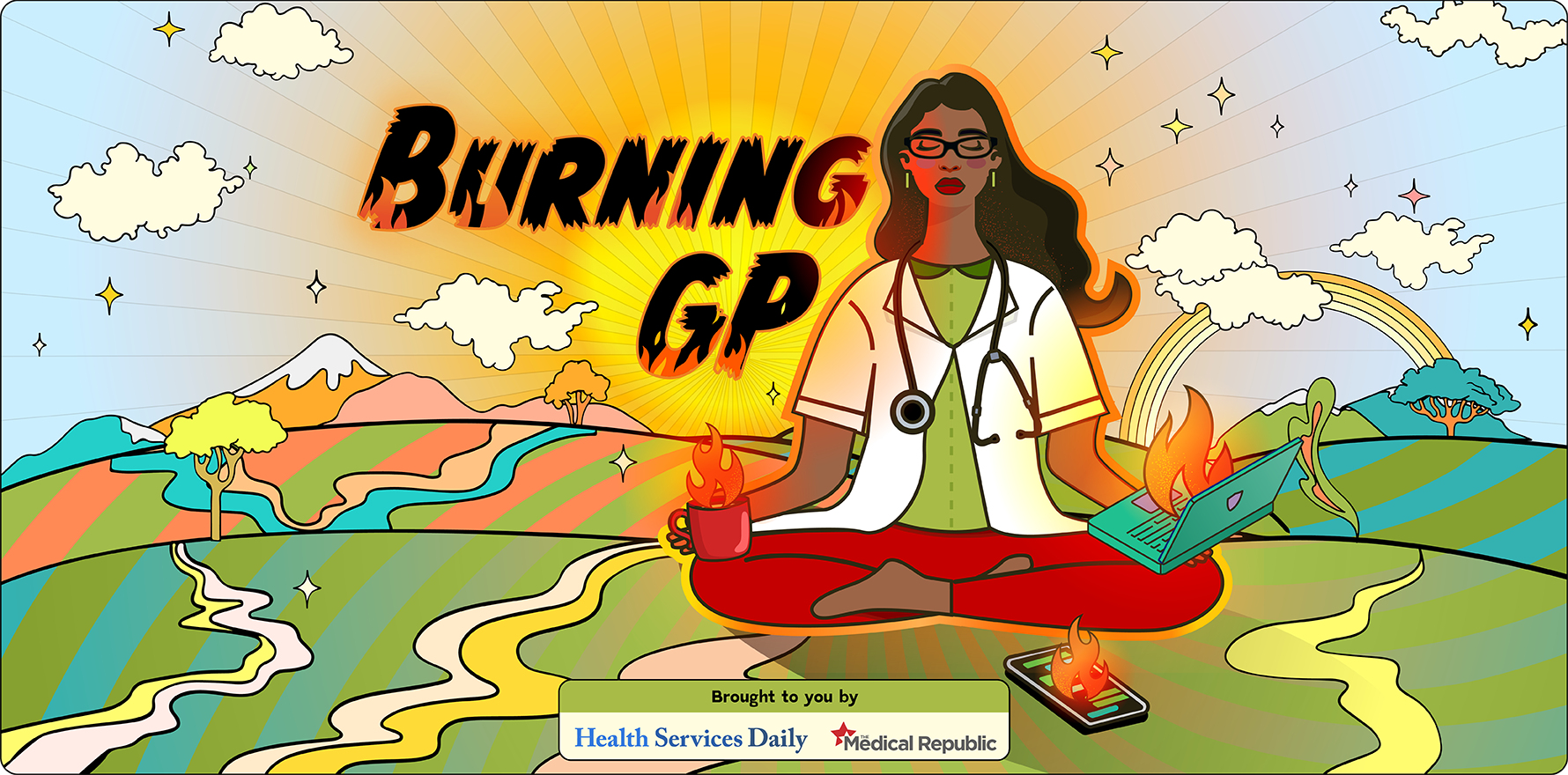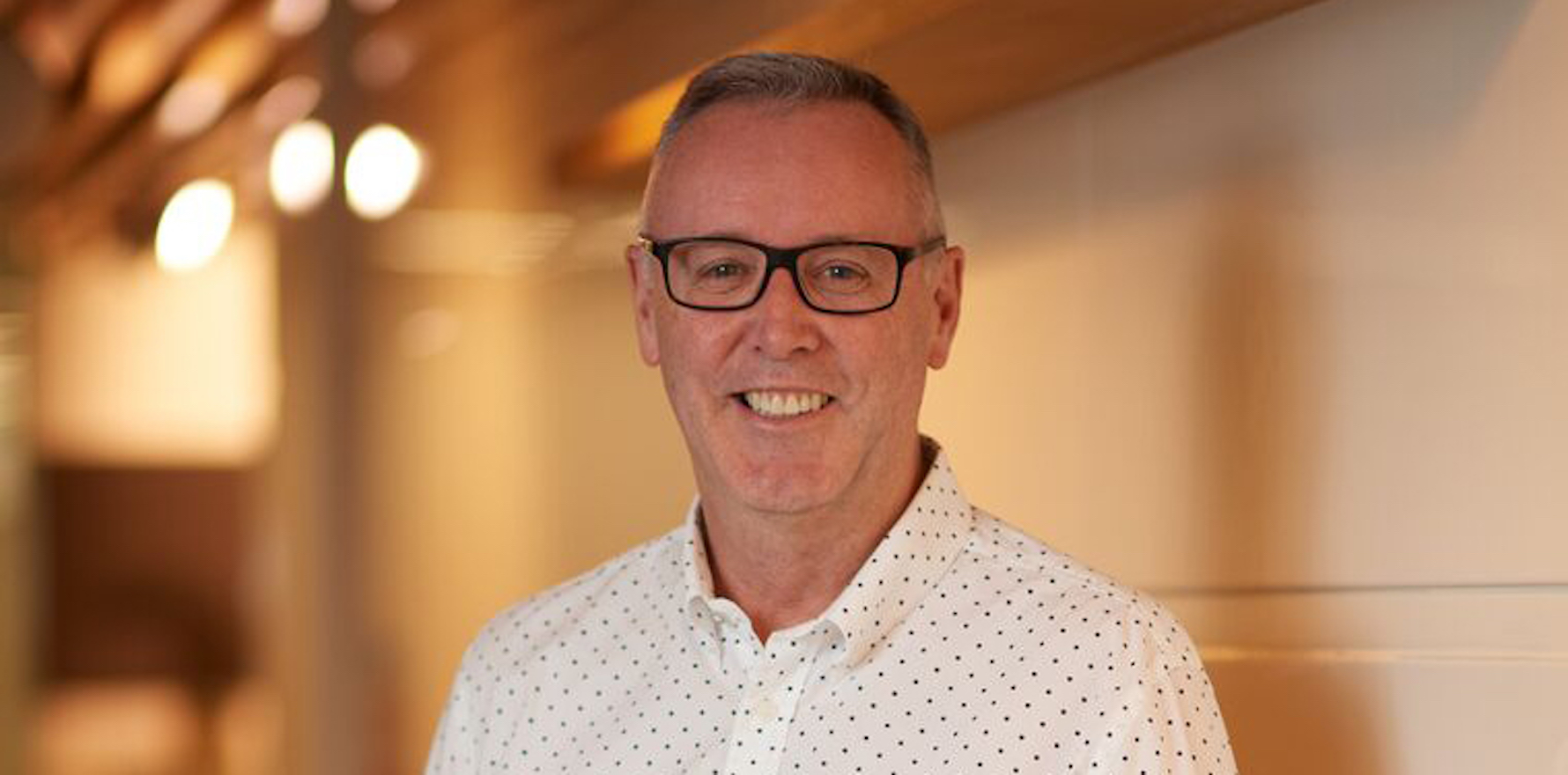Is this the worst or (the beginning of) the best of times for GPs? Maybe you decide …
This past week (our last for 2023 barring any breaking news we’ll do if anyone tries the “take out the trash just before Christmas” trick) was one of the more bizarre in the history of the RACGP.
It’s one that suggests GPs are at some sort of tipping point in their history as a profession.
Is what the board did really in the best interests of members or was there something stranger going on in the politics and power of running the college?
For reasons unknown so far the board – none of whom have much experience as board members or in business, let alone running a very large, complex and fast evolving education, training and governance business critical to the future of general practice and the health of all Australians – decided to summarily dismiss a high-performing CEO, possibly the best CEO the college has had in its history.
So far the only reason that we and all the members of the RACGP have been able to ascertain for the sacking is “because they could” (Paul Wappett’s contract allowed for it).
The refusal of the board to provide a reason to their members for the dismissal is alarming on a few fronts:
- On all evidence so far Mr Wappett was performing well, hitting all his KPIs and even getting paid a performance bonus.
- The board’s silence creates a lot of speculation that something must have been seriously wrong. But this isn’t the case. Mr Wappett did nothing wrong – that’s according to Mr Wappett and the board. Some board members just decided they didn’t want him to do the job for reasons they aren’t prepared to air. Under the circumstances, the board’s silence is damaging to the long-term earning prospects of an apparently very good executive with previously great career prospects. If that executive could prove this in court (he has indicated he is considering his options) the college may be up for a lot of money in damages and some more serious brand damage.
- The board completely ignored management 101 when turning over an established leader: you don’t do it without any plan for a replacement, without a great narrative to make sure your shareholders aren’t spooked, and without any transition plan with the outgoing leader. The board is saying it will have a new CEO by April when the interim CEO is due to leave. It almost certainly won’t have a new CEO by then. What high-performing great-track-record executive would take a job where the last two CEOs have been terminated in such opaque and unexplained circumstances? The college is going to struggle big time to find a good replacement. The job is hard enough but with such a controversial history of poor CEO treatment, and a salary that’s not actually market competitive any more for the size and complexity of the organisation, how are they going to find a good replacement?
RACGP members are in essence RACGP shareholders.
No board in its right mind would expect to get away with sacking a good CEO without an excellent reason to give shareholders.
If any public company board tried it, it wouldn’t last a few days past the extraordinary general meeting that shareholders would immediately call for.
Any functional board would understand that the damage from breach of trust would never be worth it, let alone the actual monetary cost of the disruption that would follow in terms of keeping the company operating with continuity and trying to find someone dumb enough to replace the CEO that got turfed on a whim with no explanation.
Can you imagine some of the next candidates in their interview with the board?
“Tell me, what happened to the last CEO? Oh, what about the one before that? And before that one?”
“Hmmm, am I getting that same contract that says you can sack me at any point if you don’t like the colour of the shirt I wear to work, and then not tell anyone what happened, like I’d done something wrong?”
“What about the pay, because according to my research for the size and complexity of this outfit, you paid the last guy under market rates and I need you to meet market rates please?”
“What’s your experience running a board of a complex organisation, and in business, so I know I’m working with people that will be able to help me and understand what decisions I have to make?”
And so on.
What happened is so amateur hour that it’s not just the membership that should be nervous here.
The federal government, which ultimately ratifies the ability of the college to operate through the Medical Board of Australia, should be very worried.
The governance in place at the college that has allowed this to happen is obviously hopeless in terms of accountability to members, the government and the public.
Some board members who took part in this so called “unanimous” decision got onto the board without a single vote from any other member of the college, and were attending their very first board meeting.
Good grief.
Everyone who is a member of the college should have at least a quick think about what happened here, why the board won’t explain what happened, and what the ramifications are of this event for the membership in the long term, and for Australian patients.
College members are notorious for being disengaged. Not all their fault as history has seen members being treated fairly poorly by past management and boards.
But the stakes are very high here, so all those members who don’t want to get involved because they’ve seen the dysfunction and don’t want a part of it, should consider the ramifications for future junior doctors wanting to train and educate as GPs, and, in the end for what effect all this dysfunction might end up having on the healthcare system and patients as all this washes out over time.
It’s probably worth taking a minute to read Mr Wappett’s statement on the matter and see whether you think something very weird and wrong is going on here.
If you do, then ask the board to explain it to you so can return to your comfort zone and move on.
I strongly suspect they won’t be able to comfort you too much.
Mr Wappett, on any reading of his performance on available reporting and documentation, and even according to the board themselves, which scored all his KPIs as achieved and awarded him most of his bonus less than two months ago, has been a highly effective operator. Possibly the most effective in the history of the college.
But let’s just hypothesise for a second that there is searing good logic as to why the board sacked him in the manner it did.
If such logic exists, why is the board so far completely unprepared to outline it?
What bad could possibly come of the board explaining why it has thrust upon the staff of the college and the organisation itself massive and expensive disruption, and then explaining what and whom it has in mind?
One thing members should contemplate is that the plan the board has can’t be the plan the college has said in writing to you that it has – the 2022-25 Operational Plan – because Mr Wappett did a better than average job on most of the objectives of that plan.
So what is the new plan the board members have that demanded they sack the CEO?
Through our partner group Healthed we asked a big sample of RACGP members on Tuesday night if they wanted the board to hold an extraordinary general meeting pronto to explain themselves and a whopping 75% of them said yes.
There’s a long way to go in this drama and the stakes are very high: for the board, for members, for the government, and for the Australian public.
The obvious and best thing for the board to do now is be transparent and hold an EGM or an equivalent information sharing event and explain itself.
It’s pretty simple.
Either board members do have a good reason and a good plan or they don’t.
Either way, they need to talk to their members about it.
If they’re as out of touch with the evolution of your profession as this makes them look, then they aren’t going to equip new generations of GPs to manage their eclectic futures in the optimal manner, surely.
For the most part the college for the past few years, even under Mr Wappett, has taken a very traditional and entrenched position on the future of the profession.
It’s always that GPs are under siege, in crisis and aren’t supported enough.
There is a lot of truth to this narrative, but if the world of medicine, politics, society and technology is rapidly changing around the profession so much, how much should the profession resist and how much should it embrace the changes with a view to working on the opportunities in the changes at hand?
That’s what the rest of this First Draft is about.
I had an interesting chat with RACGP president Dr Nicole Higgins this week about that very dynamic.
Dr Higgins, who is on the board I’ve been laying into so harshly above, said that there was a very real danger in attempting to address all the issues at hand that GPs could get a bit lost in some of the negatives being highlighted about being a GP, when, if you step back and look at some of the substantive changes afoot – AI, workforce shortages, new virtual care based business models, the rise of disruptive platform providers, a funding paradigm whose mainstay (bulk billing) is in decline, the rise and rise of the part-time GP and so on – the potential for positive change is enormous.
I was talking to Dr Higgins about an idea for new summit for GPs that looked at all these changes in the light of the opportunity more than the threat.
Dr Higgins, to her credit, was already all over the idea, pursuing it in ways with the college I didn’t know about, and said she’d love to part of what we were going to try. This may seem counterintuitive given what I’ve been ranting on about above, but that’s a good thing.
When the team at The Medical Republic sat down this year to think out loud on an alternative GP conference – one that looked at all the huge changes and how to find the bright side – it wasn’t long before some of the punters at the back of the room started getting loose and making light of what we name we should give to such an event.
Alt GP, GP TBC (Tech, Business Culture) were some more sensible early suggestions, but as things deteriorated, as they tend to do when you ask too many people to contribute in sessions like this, someone piped up with “how about Burning GP”, and proceeded to guffaw at how funny that would be.
That same person may have been a little horrified when at our next session “the boss” piped up and said that maybe Burning GP wasn’t such a stupid idea for a name after all.
Burning Man, from which the idea obviously came, is a week-long large-scale desert event focused on “community, art, self-expression, and self-reliance” held annually in the Nevada desert.
Those four pillars resonated to some degree on what we were thinking of, especially self-reliance and community.
In developing Burning GP we of course asked all our in-house GPs and some close others about what we should focus on, and the idea of GPs taking back control of their own destiny came across as a major theme.
Other themes include:
- How many things were now trending in favour of general practice being a far more interesting and creative job moving forward
- Just how positive and excited a lot of younger GPs are about their current and future working lives given the changes swirling around them
- The rise and rise of the flexible part time (and often creative) GP
- The new opportunity in rapidly evolving virtual care and cloud-based technologies and new disruptive models of care being pushed in market
- A desire to listen to new narratives and possibilities and work those possibilities rather than become bogged down attempting to keep traditional models of care and funding in place
- Just how many GPs like being part-time and doing a few different things with the flexibility the job is increasingly offering.
In this context Burning GP felt like an OK brand.
What does it mean?
What you want it to:
- the GP sector is burning … how do we put fires out more effectively?
- the GP sector is “on fire” in a different sense … it’s rapidly evolving for the better
- GPs are burning (out) but there’s a phoenix-like feel to what is happening in that there is new life and reinvention in the wind (someone attending actual Burning Man would surely love that interpretation)
… Whatever you think.
If you’re interested in the concept of Burning GP, or indeed thinking of coming already, when you look at our draft program we have built in plenty of flexibility to allow for more coalface feedback as we go.
The event is on June 14 and 15 at the Mantra on Salt Beach, Kingscliff on the NSW north coast (10 minutes to Gold Coast airport).
We have told all our current panellists, speakers and moderators that the program is likely to change a lot by the time we get to the actual event given the rate of change we are seeing today in the profession and that we have a second budget from an enthusiastic and relatively switched on government just a month prior to the event.
Here’s a taste of what is on the program and some of the people coming:
- Beyond abandoning bulk billing: What are some achievable options for funding reform that will suit the government, the system, patients and GPs?
- Framing the most wicked problems facing general practice
- Swimming out of the pink swamp: why there is a gender problem in GP funding
- How much upside might be in a single employer model for GP training?
- Taxing Times: the upside of a forced new business paradigm for traditional practices
- Everyone hates GPs unless it’s their own GP – leveraging a dynamic
- The Pub Test: the value equation for lots more data, outcomes-based funding, and dealing with truly complex patients
- Will payroll tax fundamentally alter the way corporates work and how GPs work for them?
- The Great Debate: Is general practice the most interesting, creative and flexible choice of medical specialisation?
- One integrated health system, one funder
- Working for alternative business model provider
- Part Time (Creative) Lovers: creative careers for GPs – doing your own thing a lot more.
And some of the people:
- Dr Michael Kidd AO (UNSW, Oxford University)
- Adjunct Professor Dr Karen Price
- Dr Nicole Higgins (RACGP)
- Dr Danielle McMullen (AMA)
- Professor Louise Stone
- Dr Tom Kelly (CEO and founder of Medical AI group Heidi Health)
- Dr Michael Wright (Avant)
- Dr Chris Irwin (ASGP)
- Peta Rutherford (RDAA)
- Andrew Cohen (CEO ForHealth)
- Dr Hamish Meldrum (Ochre)
- Daniel McCabe (TBC, DoHAC)
- Dr Amandeep Hansra (Creative Careers in Medicine and Medical Angels)
- Peta Bryant (Mark Butler’s office policy)
- Chris Smeed (Cubico and Halo Connect)
- Jayne Thompson (Medirecords)
- Danielle Bancroft (Best Practice)
- Dr Max Mollenkopf
- Bettina McMahon (Healthdirect)
- Dr Emily Kirkpatrick (Calvary Care)
And lots more.
That full program again is here.
If you like what you see and want to contribute in some way you can email me at jeremy@medicalrepublic.com.au.
If you’re already convinced, we have a great pre-Xmas offer: use the promo code BurningGP-Xmas here to get an early bird discount of 15% off.
We’ll be back the week beginning 8 January. Happy holidays, everyone.






